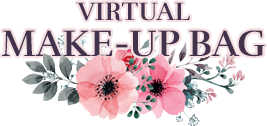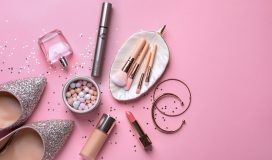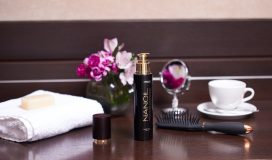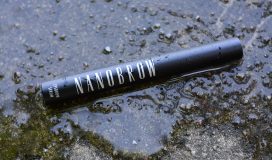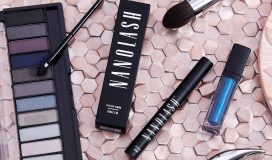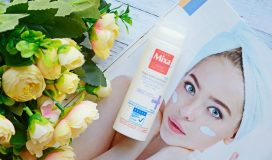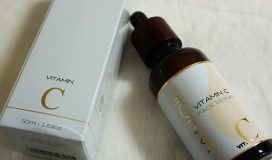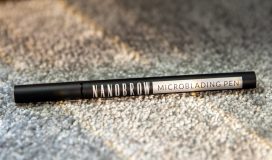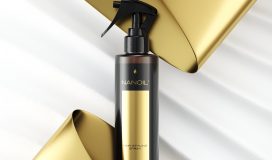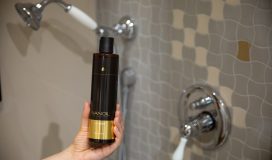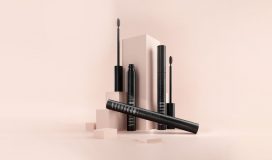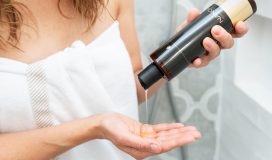I’ve been discovering new cosmetic arrivals recently – products I would never expect to work or be made. Micellar shampoo is one of them. I’ve heard of micellar shampoos designed for kids, specific hair and scalp types or delivering certain benefits. Summing up, how did the novelty work?
What is a micellar shampoo?
A micellar shampoo is both an extremely effective and gently-working product. Interesting, isn’t it? According to producers, this kind of shampoo precisely clears impurities away and purifies without the slightest irritations. That’s why it turns out to work for girls having fragile hair and sensitive scalp.
The name of the product immediately made me think of micellar water that many of you use for face washing. The action of both products is similar. To be more precise, the shampoo is composed of molecules known as micelles. These substances remove both watery and greasy dirt – they simply attract them and eliminate with just one move. Still, the best thing is that micellar shampoo doesn’t disturb natural protective barrier of hair and skin. Doesn’t micellar water work the same way? Sure, it does!
What are the benefits of a micellar shampoo & who makes the most of it?
Micellar shampoos wash both hair and scalp. Thanks to them, strands are light, soft and manageable whereas the scalp has the balanced pH and moisture levels. Using the shampoo regularly, you are 50% less prone to irritations (provided you’re exposed to them). Who is going to make the most of a micellar shampoo? The product is recommended to people who:
- have fine, delicate, difficult to style and brush hair;
- are sensitive to SLS or SLES, and other washing products;
- have sensitive scalp, oiliness problem and irritation-prone skin;
- suffer from various types of scalp diseases after using traditional shampoos.
Which micellar shampoos I recommend?
I did some research and there turned out to be lots and lots of micellar shampoos. The ones containing natural ingredients and others infused with fragrances and colorants. I even found the kids version! If you feel like giving such a product a go, I think you should pay most attention to the ingredients. Apart from micelles, shampoos include:
- plant extracts e.g. water lilacs or linseed;
- soothing and moisturising panthenol and provitamin B5;
- lanolin emollients locking water in hair and deeply moisturising;
- allantoin and betaine reducing the risk of irritations;
- moisturising, regenerating and conditioning Aloe leaf extract.
Examples of micellar shampoos I’ve spotted in drugstores: Kerastase Aura Botanica (natural micellar bath), Schwarzkopf BC Volume Boost (volume-increasing micellar shampoo), Schwarzkopf BC Hyaluronic Moisture Kick (moisturising micellar shampoo), Pantene Pro-V Micellar (cleansing and nourishing micellar shampoo).
Micellar shampoo vs clarifying shampoo
Let’s start with micellar shampoos. During one wash, they eliminate both oily and watery impurities. What’s the most important, they don’t disturb the natural protective barrier of skin or strands. Actually you can use micellar shampoos every day even skipping the extra care with masks or conditioners (obviously you can’t give them up for good). Too bad, they don’t give such results in the case of hard water because they don’t remove metal ions due to lack of chelating substances. On the other hand, traditional clarifying shampoos do the trick here.
What are other things that make clarifying and micellar shampoos different? The former raise hair cuticles, which comes useful before hair repair treatments and coloring. Nutrients and pigments penetrate hair more easily and give a brilliant effect. Traditional shampoos precisely eliminate dirt, sebum, styling and hair care product build-up. Unfortunately, this kind of action often goes hand in hand with scalp irritation. That’s why, always remember to add masks, conditioners, hair oils and serums.
Have you ever used micellar shampoos? If so, which ones?
